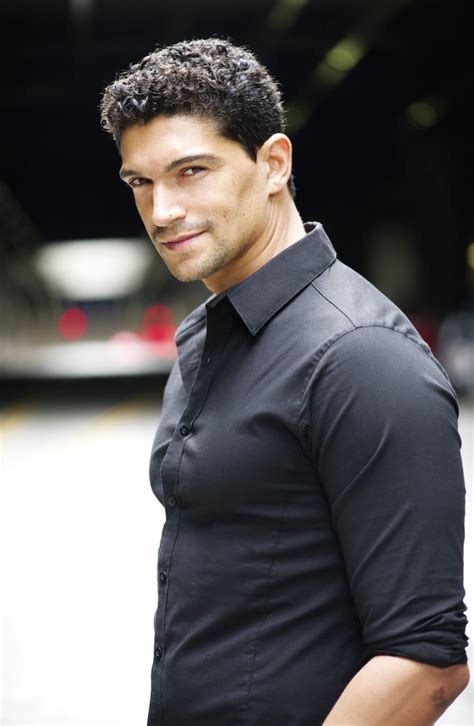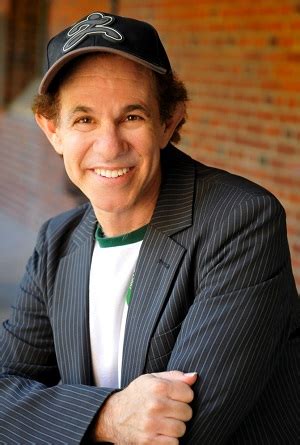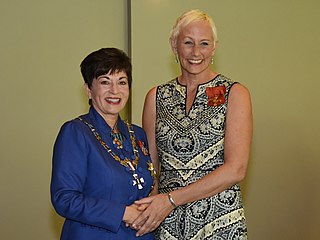A Quote by Aaron Sorkin
That's a very real feeling - that I don't have a story to tell. I'm not a pure storyteller. I have a tough time with story.
Related Quotes
The best time to tell your story is when you have to tell your story. When it's not really a choice. But then, when you get that first, messy, complicated version down, you have to read it over and be very tough on yourself and ask, 'Well what's the story here?' If you're lucky enough to have someone you trust looking over your shoulder, he or she can help you if [you] lack perspective on your own story.
When I make film music, I'm a filmmaker first and foremost. It's about serving the needs of the film. You're telling a story; in a way, you stop becoming a composer and become a storyteller instead. You tell the story with the most appropriate themes. How you approach these things is a very personal matter, but your goal is to tell the story first.
I'm a storyteller. I'm always willing to serve the story, a story I believe in, in whatever way is necessary. If I need to write the story I believe in, I will write it. If I've been offered to act in a story that I truly believe in, I will happily do that, but I'm a storyteller. That's something I'm so thankful for.
It's only a story, you say. So it is, and the rest of life with it - creation story, love story, horror, crime, the strange story of you and I. The alphabet of my DNA shapes certain words, but the story is not told. I have to tell it myself. What is it that I have to tell myself again and again? That there is always a new beginning, a different end. I can change the story. I am the story. Begin.
I think that when I'm telling a story, I'm doing the best I can to tell the story as fully as I can, and if there are various fractures that happen in the story, then that's just the very thing that the story is as opposed to my looking for avenues of difference in one story. They just really do exist. For me, anyway.
I learned to separate the story from the writing, probably the most important thing that any storyteller has to learn-that there are a thousand right ways to tell a story, and ten million wrong ones, and you're a lot more likely to find one of the latter than the former your first time through the tale.






































